About
Alejandro Speck-Planche
Dr. Alejandro Speck Planche obtained his Bachelor’s Degree in Chemistry (Suma Cum Laude) from the University of Oriente (Santiago de Cuba, Cuba) in July 2005. He had a 1-year research stay (2007-2008) as a young researcher at the Institute of Chemistry, University of São Paulo, Brazil. Subsequent research stays followed at the University of Santiago de Compostela in Spain (MSc. Science and Technology of Colloids and Interfaces, 2014, Suma Cum Laude), and at the University of Porto in Portugal (PhD. in Chemistry, 2015, Approved with Distinction/Approved with Honors/Suma Cum Laude). He has worked as a Postdoctoral Research Fellow at the Department of Chemistry and Biochemistry, University of Porto (January 2016-May 2017). He has also worked as a Juan de la Cierva Postdoctoral Researcher (May 2017-May 2019) at the Research Program on Biomedical Informatics (GRIB), Hospital del Mar Medical Research Institute (IMIM), in Barcelona, Spain. After holding a position (May 2019-March 2020) as an Associate Professor at the Department of Chemistry, Institute of Pharmacy, I.M. Sechenov First Moscow State Medical University (Moscow, Russian Federation), Dr. Alejandro Speck-Planche was a Researcher at the Institutional Program for the Promotion of Research, Development and Innovation, UTEM, Santiago, Chile. He has also been a Visiting Researcher at the Federal University of Paraíba (Brazil), as well as Full Professor at Universidad San Francisco de Quito (Ecuador).

His main research interests include (but are not limited to):
Chemoinformatics, computer-aided molecular design, QSAR-based approaches, ligand-based virtual screening, nanoinformatics, multi-scale (PTML – Perturbation Theory & Machine Learning) modeling of activity, toxicity, and ADME profiles of chemicals, and multi-scale de novo drug design, which are applied to the following areas:
Medicinal Chemistry and Drug Discovery

Generation of multiscale models for the simultaneous prediction of pharmacological activity (anticancer,
anti-Parkinson, anti-Alzheimer, antibacterial, antifungal, antiparasitic, antiviral, etc.) and/or ADMET profiles
of drugs/chemicals at in vitro and in vivo levels.
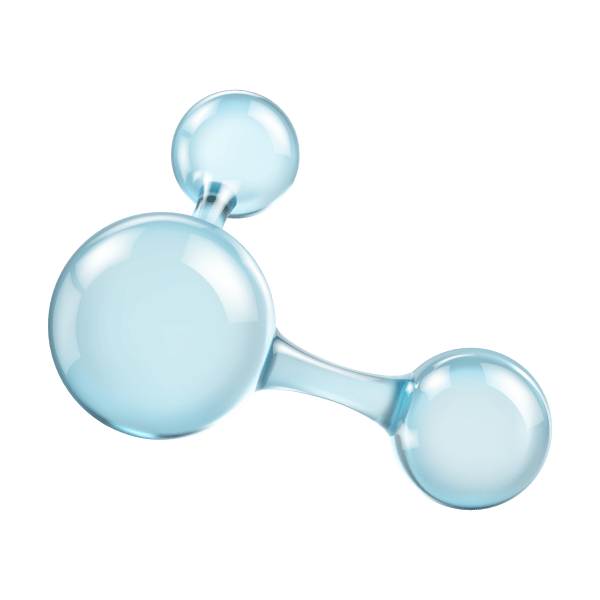
Multiscale de novo drug design applied to the generation of completely new and synthetically accessible
molecules that exhibit potent biological activity (anticancer, anti-Parkinson, anti-Alzheimer, antibacterial,
antifungal, antiparasitic, antiviral, etc.), and desirable ADMET properties at in vitro and in vivo levels.
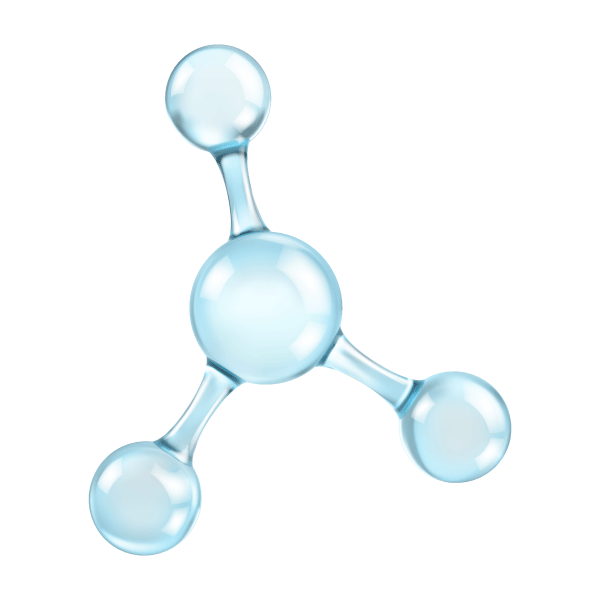
Computer-aided design of peptides with potent pharmacological activity (anticancer, antibacterial,
antifungal, antiparasitic, antiviral) and safety.
Nanotechnology
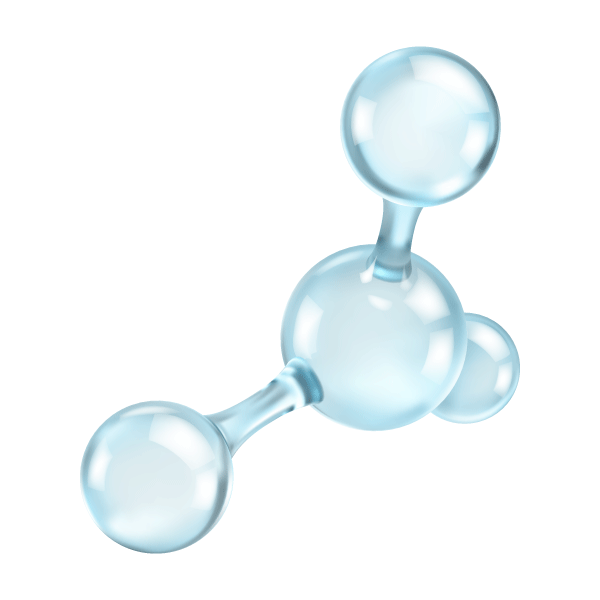
Use of multiscale models based on perturbation theory for the computational assessment of toxic effects
of nanomaterials under multiple experimental conditions.
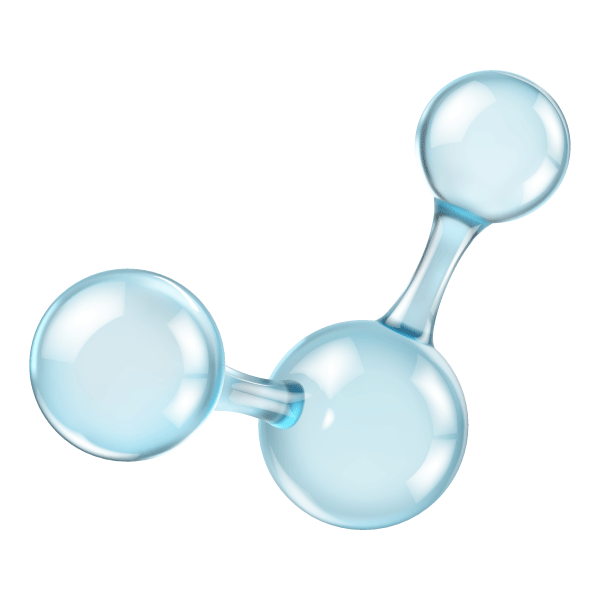
Prediction of the biological activities of nanoparticles.
Pesticide Science
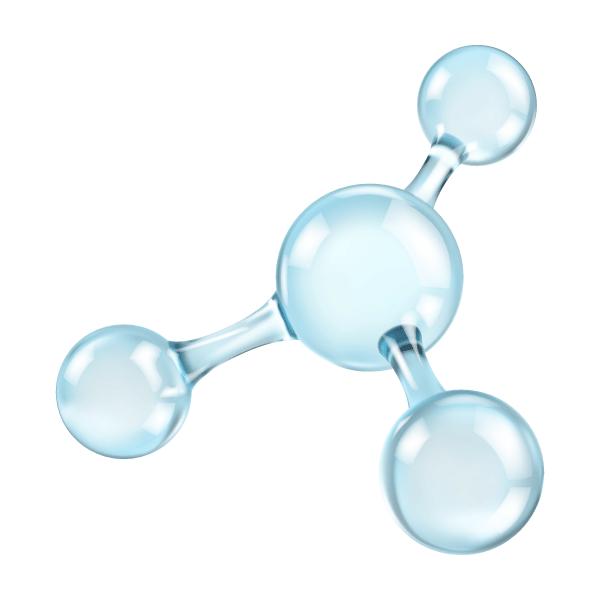
Computational prediction and rational design of versatile, more potent, and environmentally friendly
pesticides at in vitro and in vivo levels.